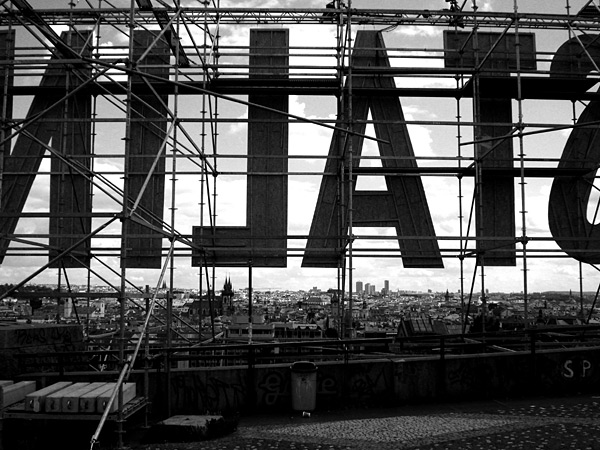
The dividing line between a just society and barbarism is whether free speech is valued or not. With “free speech” I mean any speech, no matter how offensive. With protected, I mean that the only answer to speech you do not like shall be counter-speech. The truth will win out in an equal, peaceful, respectful exchange of ideas.
- Equal, because we are all living beings on this planet, and in a dialogic situation, equality of discourse needs to be maintained by fostering equity. Free societies understand this principle – we will all be different, but in our most impactful moment of speech, our vote, we are all (ideally) the same.
- Peaceful, because only an attitude of peacefulness will allow you to listen to somebody else, and also to your true self. Peace is non-aggression, love, true freedom, true strength; only by being at peace can you achieve it. Peace is absolute also: you are only peaceful if you talk in a soft voice, allow for rational arguments be exchanged, do not hurt other beings or things. Be the peace you seek.
- Respectful, because you cannot pretend to be all-knowing, and need to realize that someone else may hold a different piece of the truth that you may disagree with, but it may still be true.
- Exchange means that speech flows from person to person after each has been given ample time to make the best argument possible for their case. It also means that you should not mistake a person’s utterances for their true and steadfast opinion; it may just be an argument that needs to be discussed, whether heartfelt or not; also, people’s opinions change over time depending on the availability of convincing facts and interpretations.
Only week societies shut out other people for expressing ideas, holding beliefs, or for simply being obstinate to what may be considered acceptable or correct opinion. Strong societies relish the open exchange of ideas, right or wrong, offensive or inoffensive, in order to correctly gauge the political and cultural imaginary of the state, and to design policy accordingly, democratically, representatively, cautiously, and sustainably.
Only if everyone has a voice, and knows their voice will be taken seriously, and they will not be harmed for voicing it, will they be in a state of mind to listen to your arguments, if you have some, and give you a change to convince them otherwise. Or, you may be convinced by them. And so it will go, in an eternal circle of discourse; true democracy; true humanity; true utopia. (I think Habermas may be sighing somewhere).
The path of disallowing free speech, even in increments, and even if it starts with just a few things that are somehow seen as “offensive” by the few or the many, will lead further and further down the road, where new categories of offensiveness will be invented, and as a result, all speech will become unfree. The logical end point of the banning of speech has many names: Nazi Germany, the Soviet Union, in fact all Socialist/Communist states, especially currently the so-called “People’s Republic” of China. In such countries, there cannot be any criticism of injustice, intolerance, inequity, inequality, inhumanity.
Those of us in the West fighting against what we see as injustice should never look to become like that, but the road is very slippery. The fight for freedom and improvement cannot be won by curtailing the freedoms and limiting the paths to improvement of those you disagree with. Freedom of Speech is always the Freedom of the Speech of those we clearly disagree with – otherwise, we would need no such commandment.
But in its wisdom, all of democracy, all of justice, all of peace-building work is contained within the demand that freedom of speech must always be absolute.

